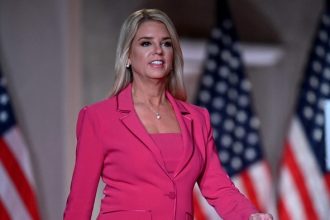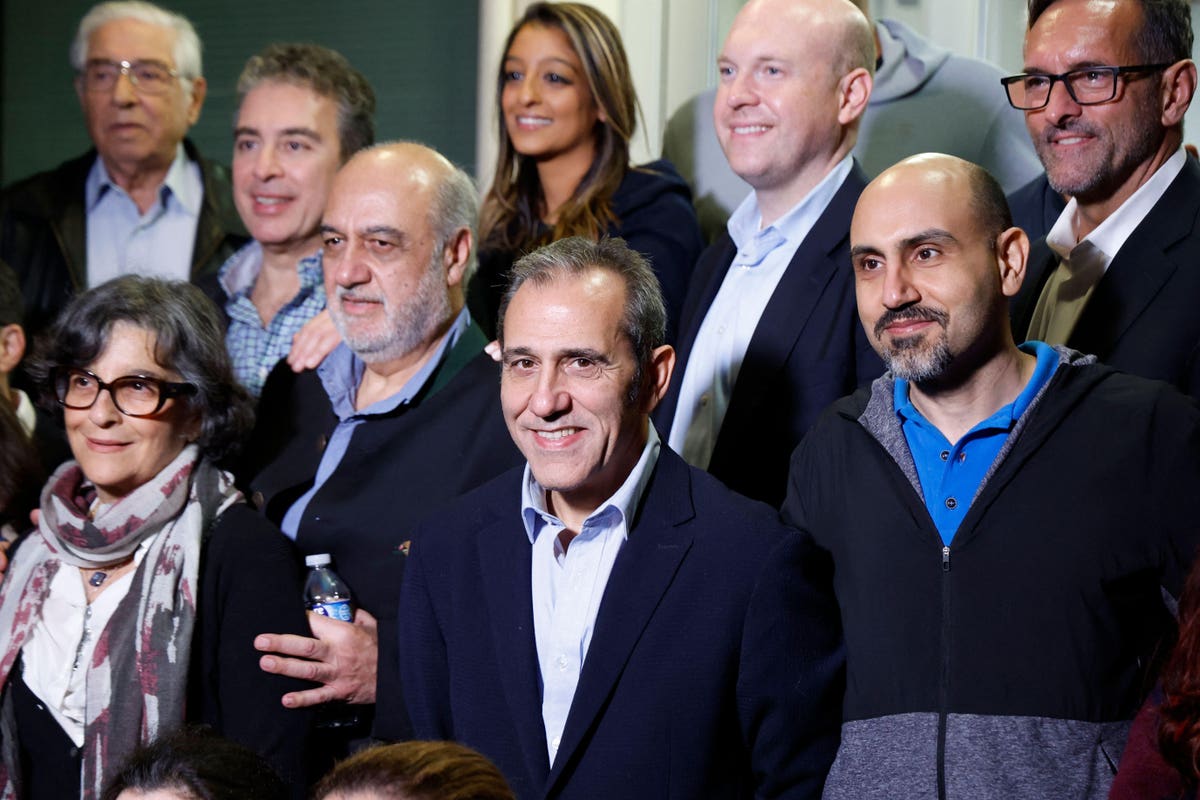Washington DC and Tehran have reached an important deal including a prisoner swap and the unfreezing of $6bn of assets. The assets would be transferred to Qatar’s central bank, where they could be used to purchase “humanitarian goods” approved by the US. Five prisoners are to be freed from each side, a point that many commentators have missed.
Unlike with other countries under broad economic restrictions, such as Venezuela, Iran has a longer history of enduring sanctions and asset seizures. While they still harm the economy, the Islamic Republic has learned how to operate around them.
The broader implication of the deal is that it signals a willingness of the White House to negotiate with Tehran. Until recently, President Joe Biden had maintained much of the legacy of the Trump administration. Some insiders claim that the Biden administration could try to get oil flowing from sanctioned Iran and Venezuela, to counter Saudi Arabia and Russia’s production cuts.
There are increasingly more vocal figures in the US establishment questioning policy towards Tehran. A popular argument is that they are not just inefficient, but counter-productive for Washington DC. For instance, Senator Chris Murphy (D-CT) argued on X that “maximum pressure” on Iran led to a “more advanced nuclear programme, Iran shooting at US troops, and more support for Iranian proxy armies”.
In an ironic turn, long-standing US ally Saudi Arabia seems to be colliding with Russia to further its interests in the oil market. On the other side, the US could be making extremely complicated overtures to two rivals: Iran and Venezuela.
Read the full article here





